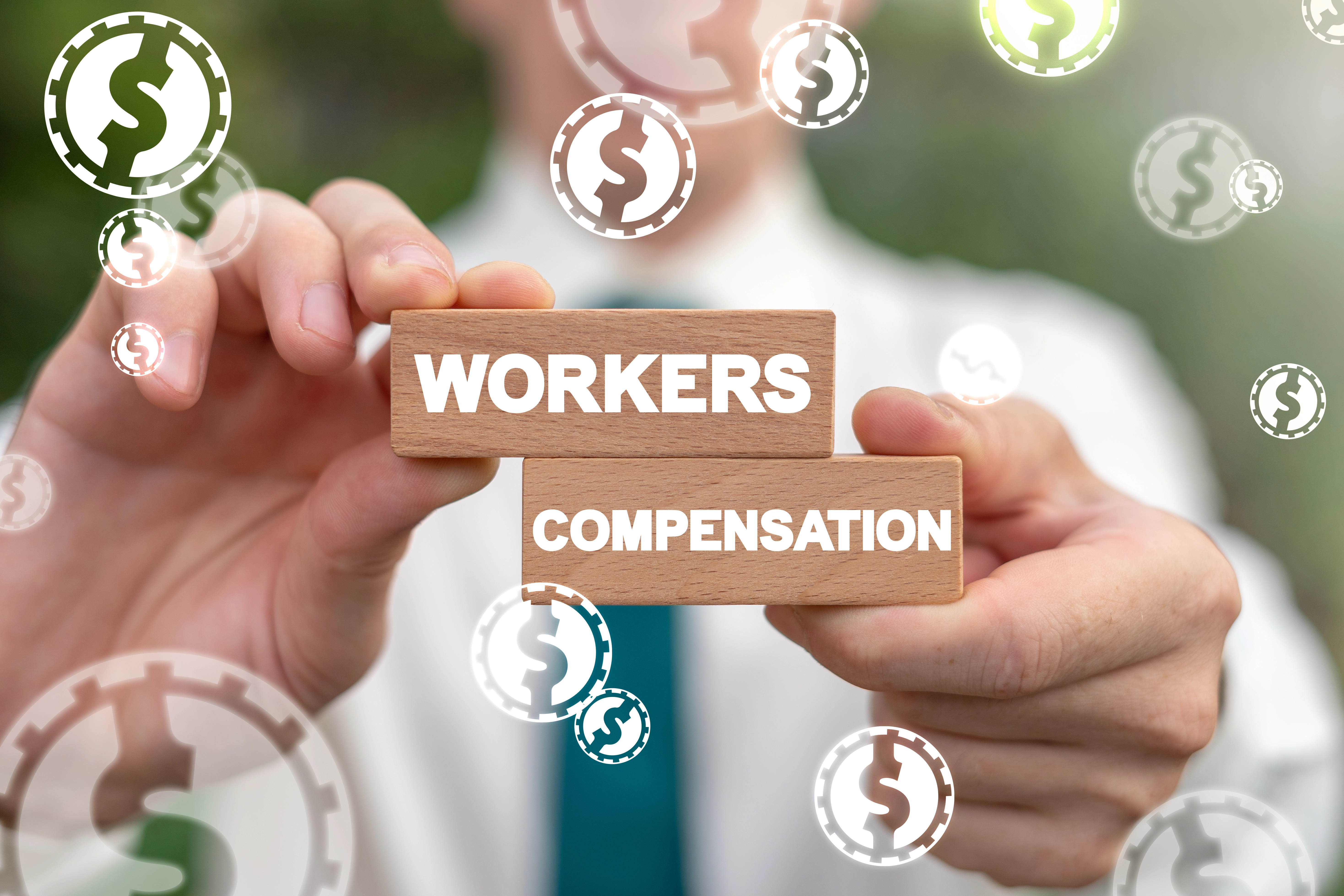Deck Grilling 101: How to Prevent Fires and Ensure Safety

With summer quickly approaching, many cooking enthusiasts are eager to get the grill out for some tasty summer meals. However, grilling can really bring on the heat if done improperly, and it could cause a monstrous fire on your property if it gets out of control. With July being the most common month for grill fires, it’s best to set your property’s rules regarding grilling and remind your tenants of it well before the summer months begin.
Let’s go through the various grill types and the risks of each:
Charcoal grills.
The main concern with charcoal grills is the release of carbon monoxide, an odorless, colorless, and deadly gas. If used in a poorly ventilated area, charcoal grills can release enough carbon monoxide to become deadly. Further, warm charcoals still emit some carbon monoxide, so make sure used charcoals are completely cool before disposing of them, and never store a grill with warm charcoals indoors or in a garage.
Propane grills.
Though often considered safer than charcoal grills, propane grills pose a significant fire risk. In fact, 84% of grill fires are started with gas grills! The main concern with propane grills is gas leaks, which can lead to explosion. For example, if hose connections are not secure, excess gas can accumulate under the lid and explode.
Electric grills.
Generally safer than charcoal or propane grills, electric grills can pose fire risk if an extension cord is used that is not suitable for outdoor use.
Fire risk exists for all types of grills, but the risk is even greater when they are used on a balcony or deck. Balconies are close to buildings by nature, and many decks are made of combustible materials. Should a grill catch fire, it would likely ignite the nearby building or deck. Grilling on these surfaces may violate city ordinances as well. For example, the Town of Sheboygan has the following ordinance regarding grills:
“For other than one- and two-family dwellings, no hibachi, gas-fired grill, charcoal grill, or other similar devices used for cooking, heating, or any other purpose, shall be used or kindled on any balcony or under any overhang portion or within 10 feet of any structure.”
In general, grilling should be done on a noncombustible surface in a well-ventilated area that is 10 feet away from any structure. Consider having a fire extinguisher near any common grilling areas. At Acuity, we generally will not insure buildings that allow the use or storage of grills inside, on balconies, or within 10 feet of apartment buildings, one to four family dwellings, residential condominiums, townhouses, or similar associations.
There could be a few safe options for allowing grilling on your properties. For multifamily properties, there is generally not an area per unit that meets the guidelines for safe grilling. While you will want to prohibit grills on decks and balconies, you may want to consider a community grilling area complete with a concrete slab. For one- or two-family dwellings, there may be more leeway to allow grilling on site. In addition to keeping grills at least 10 feet away from the nearest structure and prohibiting grilling on decks, ensure that any grilling areas are free of overhanging branches.
Your rules regarding grilling must be present in lease agreements. If you are prohibiting grills, you may also want to consider prohibiting grill accessories, such as propane tanks. If you choose to allow grills, specify which types of grills you allow and prohibit, and designate the areas where grilling is allowed in writing. Provide local and state fire codes to educate your tenants. Regardless of whether you are allowing or prohibiting grills, you need to include the consequences of violations or damage resulting from grilling in your lease agreements. Always review this piece of the lease agreement with new tenants, remind all tenants of your grilling rules before the summer season, and drop by properties to ensure your grill restrictions are being met.
Sources:
- https://www.nfpa.org/-/media/Files/Public-Education/Resources/Safety-tip-sheets/Grilling_safety_Tips.pdf
- https://www.nfpa.org/education-and-research/research/nfpa-research/fire-statistical-reports/home-grill-fires
- http://www.townofsheboygan.org/OPEN_BURNING_REGULATIONS.pdf
- https://www.rentprep.com/property-management/landlords-guide-to-gas-grill-regulations/
- Grills on Decks – Too Hot to Handle (Acuity Resource)
- https://www.eastpiercefire.org/page.php?id=245
An insurance company that cares about you and insuring the things you wish to be insured.
Get a Quote> Find an Agent>

